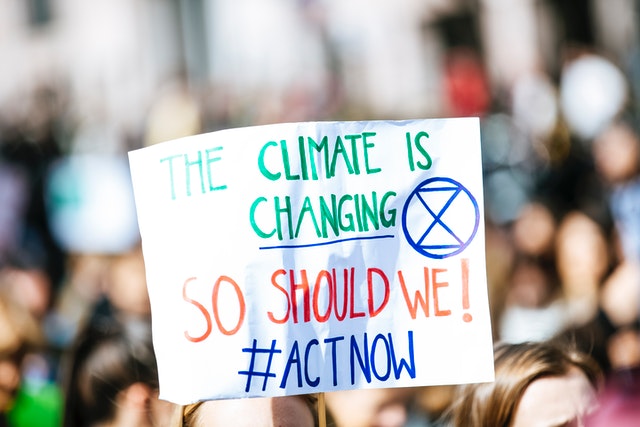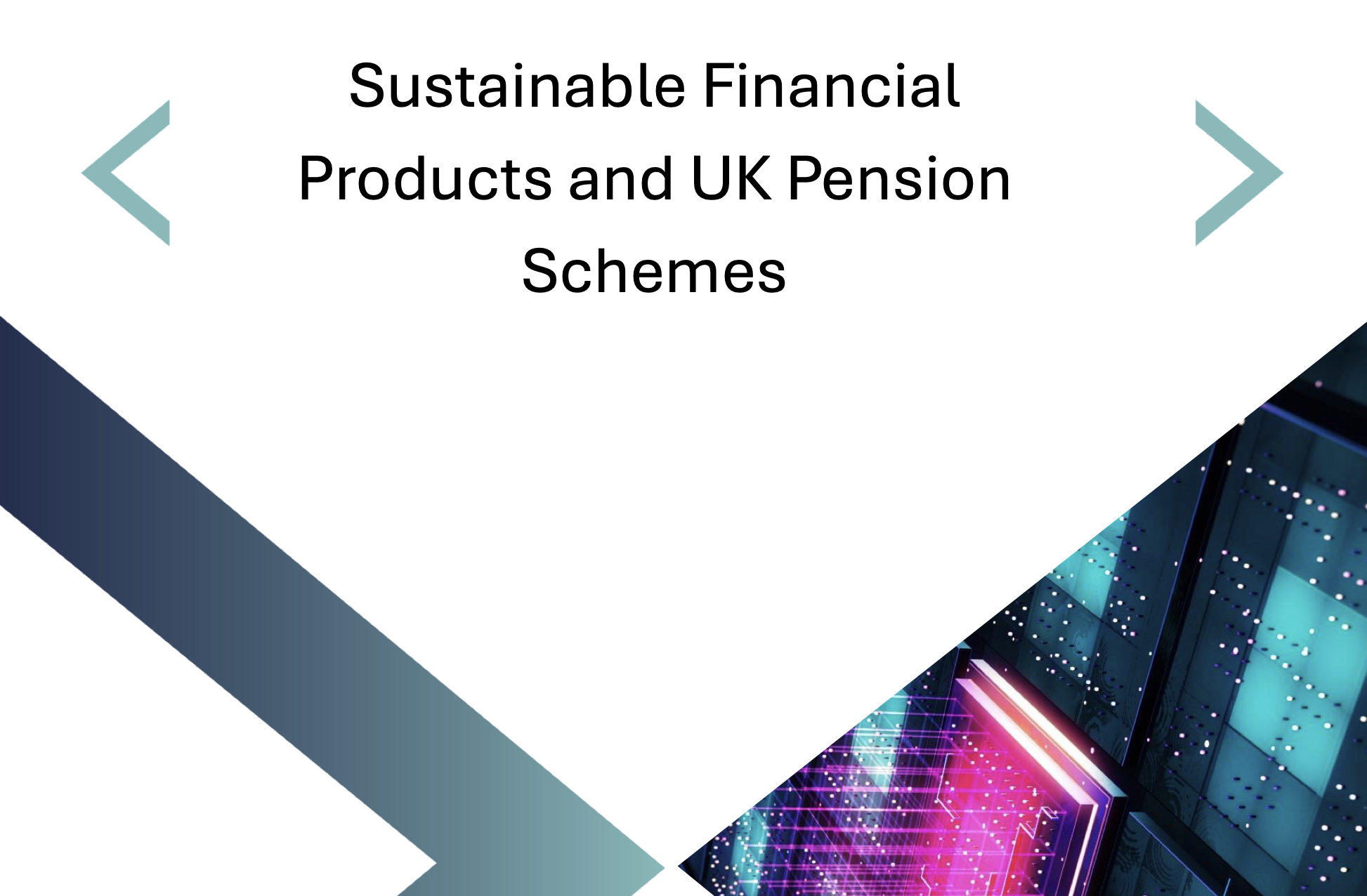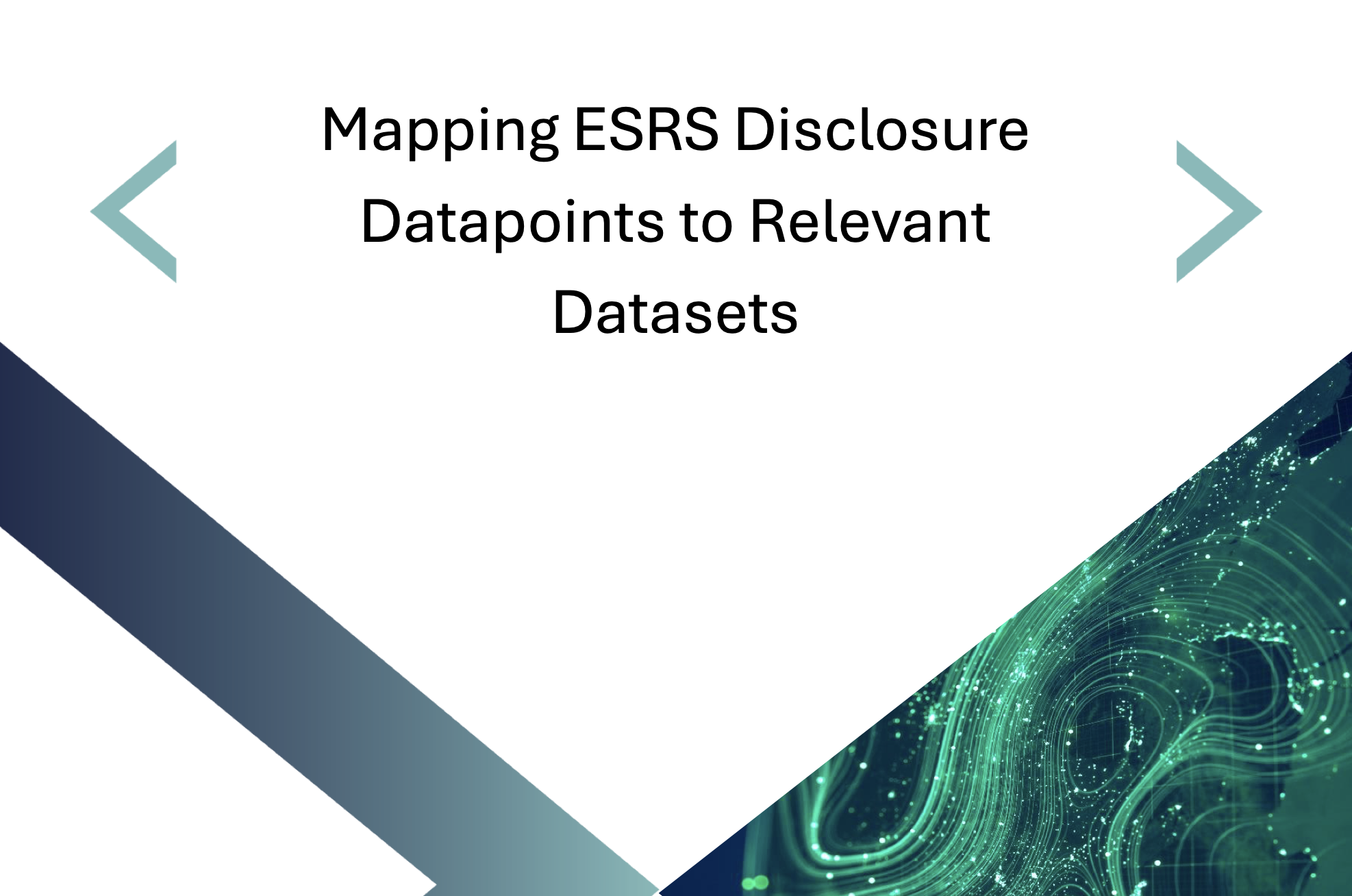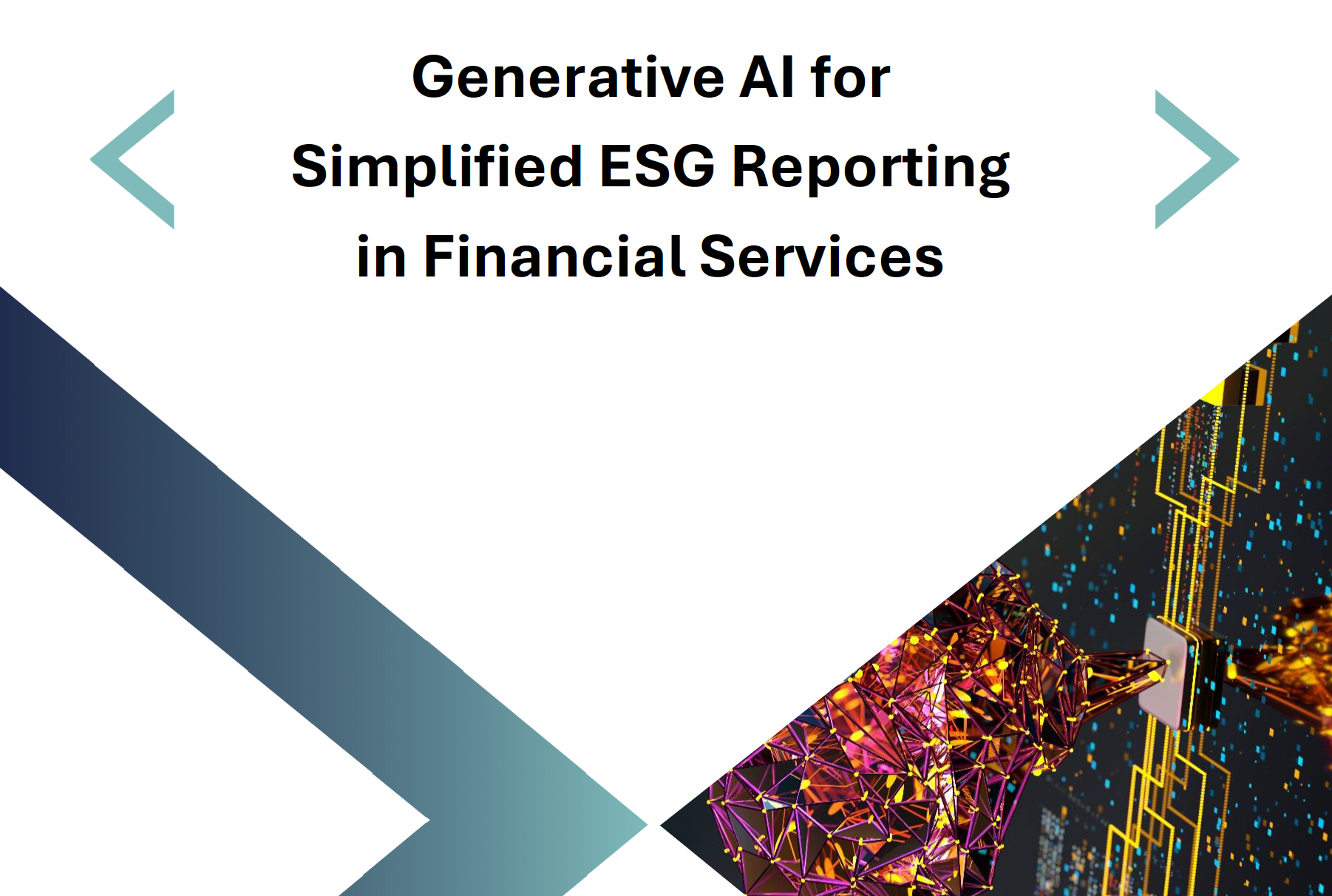How Scotland’s Fintechs plays a role in saving people and planet

The most recent IPCC report has shown us how much we need to change to keep the warming of our planet below 1.5º. Climate change is no longer in the future – it is now. Heatwaves, droughts and floods are already exceeding plants’ and animals’ tolerance levels and with 80% of people in the UK being concerned about the warming climate, the appetite for making changes that positively impact our futures is there.
All eyes have been on Scotland since COP26 was held in Glasgow last year, and the coverage and the attention made it clear that Scotland must do more to become a climate and social leader. While there have been changes it is clear that they are too incremental, that a radical overhaul is not yet here. The will for change is there though ”“ especially amongst Scottish people.
Scotland has a reputation as being socially and environmentally progressive ”“ they are ahead of the rest of the UK in the legally binding target to hit net zero, co2 emissions are already half of what they were 30 years ago. At the start of 2020, Scotland was already creating enough renewable energy to account for 97% of total gross energy use in the country. Socially, also, Scotland is setting an example ”“ with free university education, fantastic baby boxes for every newborn and the new young carer’s grant.
Scottish Fintech has been a fast-growing industry since the beginning of the pandemic; there were 119 in March 2020, and there are now almost 200. With the analysis of our cluster as being positive and vibrant’ in the Kalifa review, along with the fantastic collaboration between small and large companies in the Fintech sectors in Scotland, it is no wonder that Scotland has become a hub and a leader in the industry. This brings with it the responsibility to build environmental and social governance (ESG) into our organisations ”“ this is much easier than trying to retrofit later on.
Some Scottish Fintech organisations that are working to be changemakers in society include Iceni Earth (The Experian of Nature) – which help landowners assess their land and give them a biodiversity score, along with clear instructions on how to improve this score. A lot of Scottish Fintech is also focused on social inclusion, with HI55 helping people get access to their pay more frequently and when required. Inbest is using data capture and analysis for good, helping people who are entitled to benefits receiving them. These are just a few examples of fintech organisations that are using their skills to bring benefit to people and the environment, as well as helping people feel empowered to impact the biodiversity of their land, or simply their personal finances.
Fintech has the opportunity to help customers take control of aspects of their lives, using data to see and control their finances and investments. This has been shown to be vital in keeping eco-anxiety (the chronic fear of environmental cataclysm) at bay. This is vital if we are to keep activated, moving forward and not frozen in fear. With all eyes on Scotland, the time to prove they are the social and climate leaders we know they can be is now.
However, there is still plenty of work to be done and the changes that have been made so far could be described as modest. While it is possible to hit net-zero targets, it has been recognised that this will take a radical change in every part of Scottish lives and businesses. But there is the drive to make that change ”“ Scotland has a socially responsible culture, environmentally thoughtful perhaps because of the strong connection to the fantastic landscape.
Gihan Hyde is the award-winning communication specialist and founder of CommUnique, an ESG communication start-up.
She has been implementing ESG campaigns in eight sectors, across six countries over the past 20 years.
Her campaigns have positively impacted over 150,000 employees and 200,000 customers and have closed over £300m in investment deals. Some of the clients she has advised include The World Health Organisation (WHO), HSBC, Barclays, M&S, SUEZ, Grundfos, Philip Morris, USAID, and the Saudi Government.
Get in touch with Gihan through LinkedIn or Twitter @gehanam.



